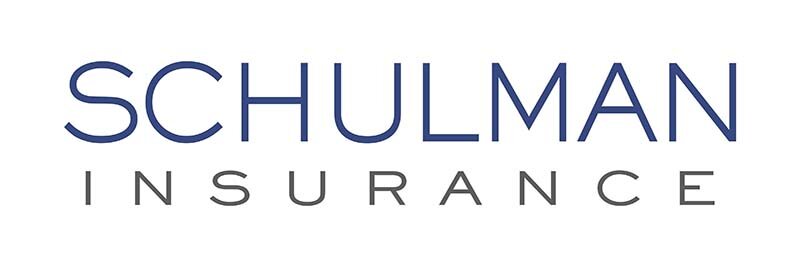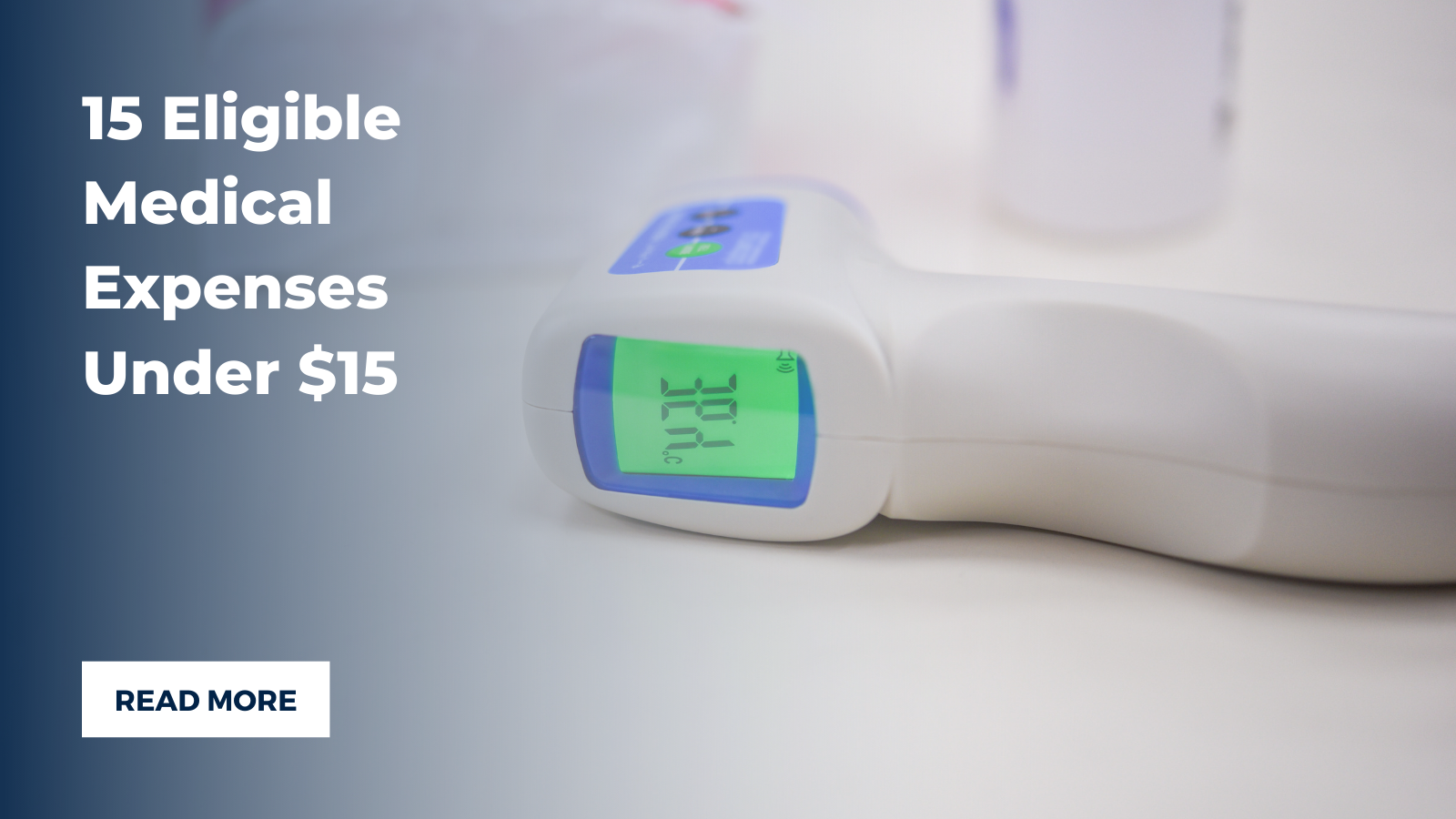On December 27, 2020, the Consolidated Appropriations Act, 2021 was signed into law and provides for relief related to the COVID-19 pandemic, as well as government funding. The legislation is tremendous and totals more than 5,000 pages.
Read MoreThe Departments of Labor, Health and Human Services, and the Treasury (collectively, “the Departments”) announced a final rule that amends the requirements for grandfathered group health plans and grandfathered group health insurance coverage to preserve their grandfathered status.
Read MoreAs if parents didn't have enough reasons to be stressed during the pandemic, their FSA money may go unused. Here's what experts suggest.
Read MoreThe end of 2020 is (finally) almost here. That means it’s time to start planning how you’re going to use up those extra FSA funds. To avoid losing any of that pre-tax money to the use-it-or-lose-it rule, it’s important to plan your spending down to the last dollar. To help, we’ve put together a list of cheap eligible medical expenses that are always useful to have around the house.
Read MoreLast week, the IRS released Notice 2020-84, announcing that the adjusted applicable dollar amount used to determine the PCOR fee for plan years ending on or after October 1, 2020 and before October 1, 2021 is $2.66.
The PCOR filing deadline is August 2, 2021 for all self-funded medical plans and some HRAs for plan years ending in 2020.
Carriers are responsible for paying the fee for insured policies.
Read MoreA Spousal Limited Access Trust (also called a Spousal Lifetime Access Trust) is an irrevocable trust that removes the trust assets (and any income deriving from the trust assets) from the grantor’s estate, but includes a provision allowing the grantor’s spouse (or spouse and children/grandchildren) limited access to trust assets, thereby indirectly benefiting the grantor during life.
Read MoreOn October 29, 2020, the Departments of Labor, Health and Human Services and the Treasury (collectively, “the Departments”) issued the final rule on transparency in health plan coverage. The final rule imposes significant new requirements on non-grandfathered group health plans to disclose information on pricing and cost-sharing under their plans. This latest guidance finalizes proposed regulations issued in 2019.
Read MoreOn October 29, 2020, the Departments of Labor, Health and Human Services, and the Treasury (collectively, the “Departments”) issued interim final regulations that amend regulations regarding coverage of preventive health services to implement Section 3203 of the Coronavirus Aid, Relief, and Economic Security Act (the “CARES Act”). While the rule addresses various aspects of a COVID-19 vaccine, this article highlights the impact to group health plans.
Read MoreAs a reminder, Massachusetts employers must file the annual Health Insurance Responsibility Disclosure (HIRD) form through the MassTaxConnect (MTC) web portal (https://mtc. dor.state.ma.us/mtc/_/ ). The HIRD reporting will be available to be filed starting November 15th and must be completed by December 15th.
Read MoreThe Department of Labor’s Employee Benefits Security Administration recently issued an update to its Mental Health Parity and Addiction Equity Act (“MHPAEA”) SelfCompliance Tool. Under the 21st Century Cures Act, the Departments of Labor, Health and the Treasury (collectively, “the Departments”) are required to issue this tool, which health plans may use to determine whether coverage offered to participants complies with MHPAEA rules. The first SelfCompliance Tool was published in 2018.
Read MoreIf you’re eligible for a health savings account, now may be a good time to open one.
H.S.A.s can help you pay for medical treatment and medicine that insurance doesn’t cover. Typically, money is deposited into an H.S.A. before taxes, grows tax free and is tax free when you withdraw it as long as you spend it on eligible expenses. (A few states tax contributions to H.S.A.s, or earnings from interest or investment gains.)
Read MoreNew Jersey has announced the 2021 contribution rates and benefit level parameters for the Temporary Disability Insurance (“TDI”) and Family Leave Insurance (“FLI”) programs as follows:
Read MoreThe IRS recently released cost of living adjustments for 2021 under various provisions of the Internal Revenue Code (the Code). Some of these adjustments may affect your employee benefit plans.
Read MoreThe Secretary of Health and Human Services (“HHS”), Alex Azar recently announced the administration will renew the Public Health Emergency, scheduled to end on October 22, 2020. This will once again extend the period for an additional 90 days and as a result, numerous temporary benefit plan changes will remain in effect.
Read MoreOn October 2, 2020, the IRS issued Notice 2020-76, which provides:
An extension of time, until March 2, 2021, for employers to provide Forms 1095-C to their full-time employees and other individuals; and
A final extension of relief from penalties for the 2020 reporting year for employers and other entities that make good-faith efforts to comply with the reporting requirements.
Employees have an extended timeframe to, in part, elect COBRA, make COBRA payments, add dependents, and appeal denials of benefits. As the timeframe may extend beyond the current plan year, in some cases with coverage going into effect retroactively for many months, there are concerns about what gaps in insurance coverage there could be. This may particularly be an issue with stop loss insurance.
Read MoreAs a reminder, insurance carriers are required to satisfy certain medical loss ratio (“MLR”) thresholds. This generally means that for every dollar of premium a carrier collects with respect to a major medical plan; it should spend 85 cents in the large group market (80 cents in the small group market) on medical care and activities to improve health care quality. If these thresholds are not satisfied, rebates are available to employers in the form of a premium credit or check.
Read MoreOn March 1, 2019, New Jersey established a transit benefit ordinance that requires employers to offer employees pre-tax commuter transit benefits, consistent with certain qualified transportation fringe benefits, as defined in Section 132(f) of the Internal Revenue Code.
Read MoreSchulman Insurance has skillfully adapted our usual procedures to conform to the “new normal” of a world struck by the COVID-19 pandemic. Many employers have faced the issue of how to handle benefits renewals when social distancing measures and limits on the number of people gathering have been implemented. Historically, we have held benefits presentations in-person, allowing employees to engage with our brokers in real time. However, for the safety of all, we have had to adjust our usual practices.
Read MoreSix weeks after a federal district court vacated four provisions in the Families First Coronavirus Response Act (“FFCRA”) temporary regulations, the Department of Labor (“DOL”) has responded by reaffirming two of those provisions (along with its detailed reasoning for doing so) and revising the other two provisions. The DOL also updated its FFCRA FAQs to reflect these clarifications.
Read More


















